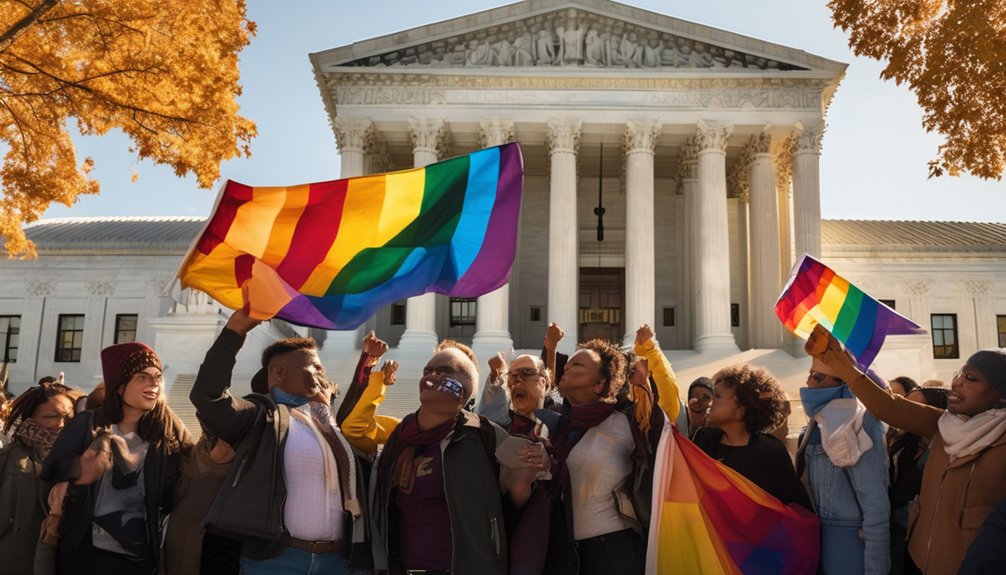Clash of Rights: Colorado’s LGBTQ+ Conversion Therapy Ban Reaches the Supreme Court


Colorado’s recent legislation banning conversion therapy for minors represents a significant step in protecting LGBTQ+ youth from harmful practices. Signed into effect by Governor Jared Polis, this law aligns with similar regulations in 23 other states and Washington D.C., aiming to safeguard the mental health of minors. By prohibiting licensed therapists from attempting to change a minor’s sexual orientation or gender identity, the law reflects a growing consensus among medical professionals regarding the ineffectiveness and risks associated with conversion therapy.
Major medical organizations, including the American Psychological Association, oppose conversion therapy, citing extensive research that links these practices to increased rates of depression, anxiety, and suicidal ideation among LGBTQ+ individuals. The law therefore serves as a vital protection for vulnerable youth, affirming their identities and prioritizing their well-being.
Major medical organizations, including the American Psychological Association, oppose conversion therapy due to its harmful effects on LGBTQ+ youth.
However, the upcoming Supreme Court case, Chiles v. Salazar, complicates the landscape. Therapist Kaley Chiles challenges the law, claiming it infringes upon her initial Amendment rights, including her religious and free speech rights. This legal battle raises pivotal questions about the balance between protecting minors from harmful therapies and ensuring the rights of practitioners to express their beliefs.
The Supreme Court’s ruling will likely have far-reaching implications. A decision against Colorado’s ban could set a dangerous precedent, potentially undermining protections for LGBTQ+ minors nationwide and validating the use of conversion therapy.
As the case unfolds, it underscores the ongoing clash of rights in America, where the protection of vulnerable populations must be weighed against the freedoms of individuals and professionals involved in mental health care.
 Activism and ChangeOctober 26, 2025What Is the Social Conflict Theory of Transgender People?
Activism and ChangeOctober 26, 2025What Is the Social Conflict Theory of Transgender People? Activism and ChangeOctober 25, 2025Fleeing the USA: The Reality Behind Transgender Americans’ Search for Safety
Activism and ChangeOctober 25, 2025Fleeing the USA: The Reality Behind Transgender Americans’ Search for Safety Fashion and ExpressionOctober 25, 2025First Time With Lip Filler? Here’s What to Expect
Fashion and ExpressionOctober 25, 2025First Time With Lip Filler? Here’s What to Expect Featured PostsOctober 24, 2025After Facial Feminization Surgery: A Guide to Recovery and Beyond
Featured PostsOctober 24, 2025After Facial Feminization Surgery: A Guide to Recovery and Beyond